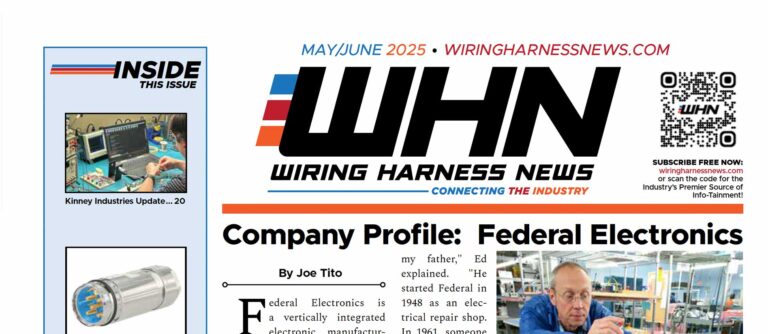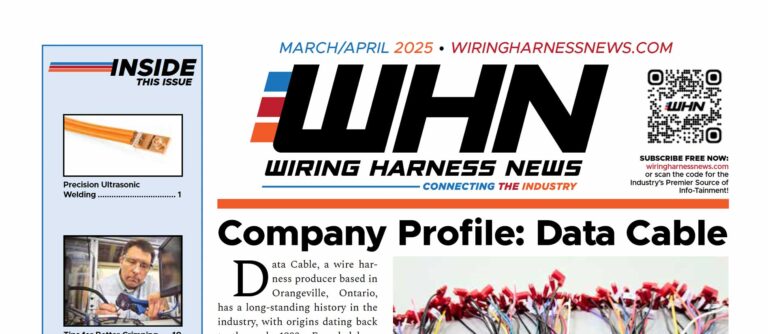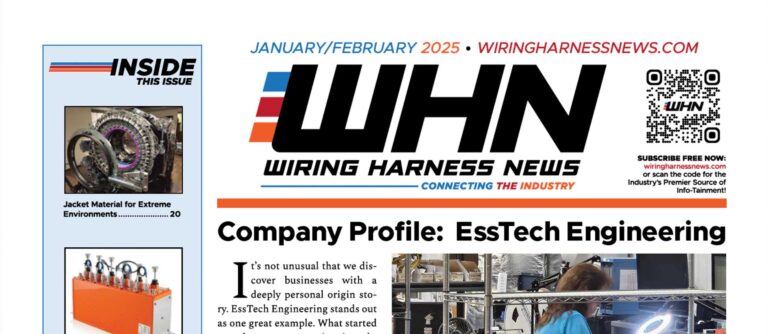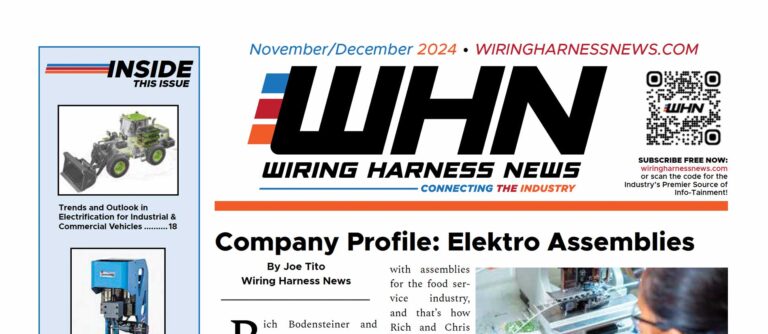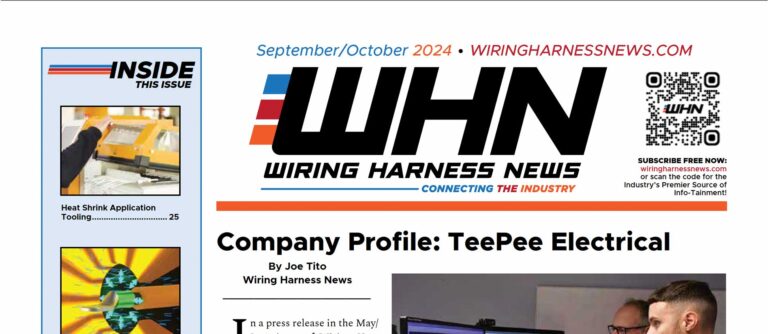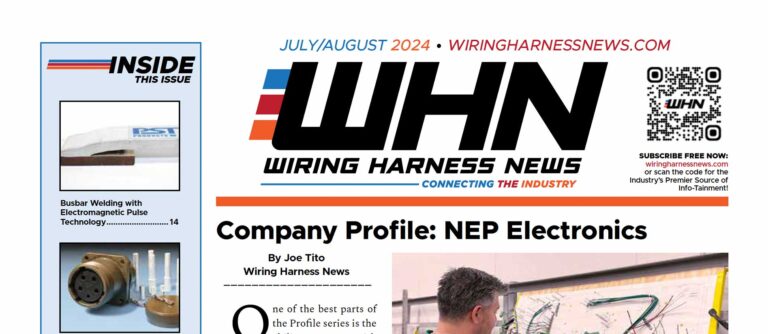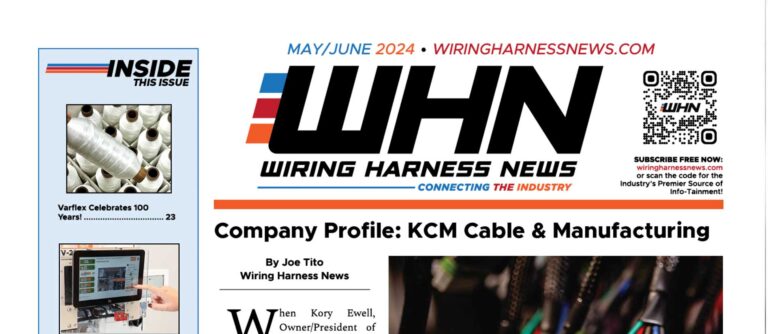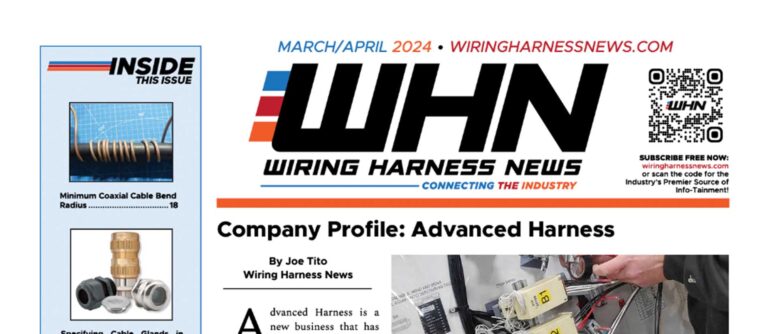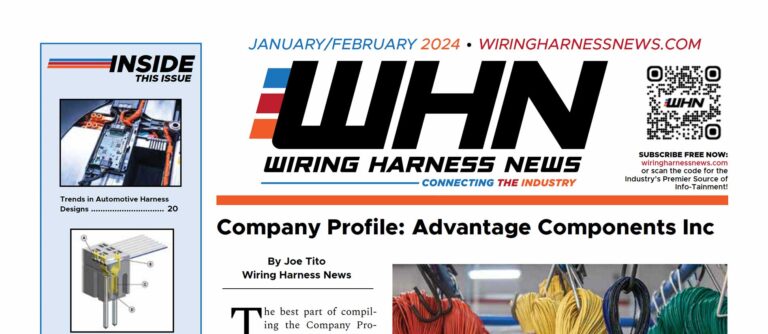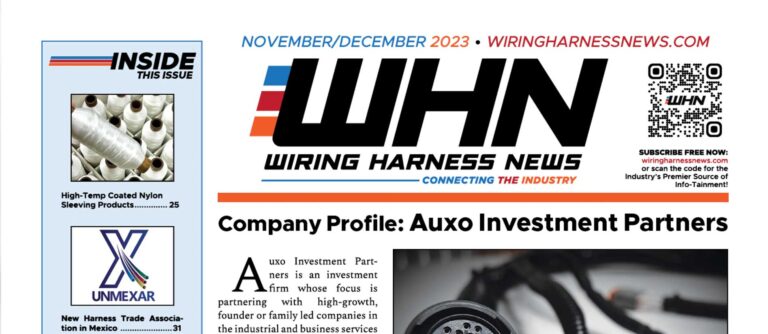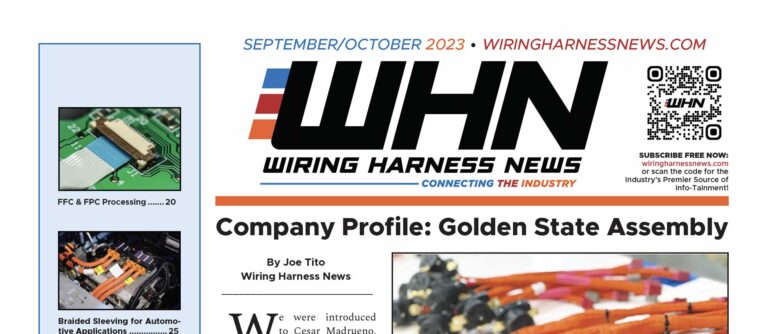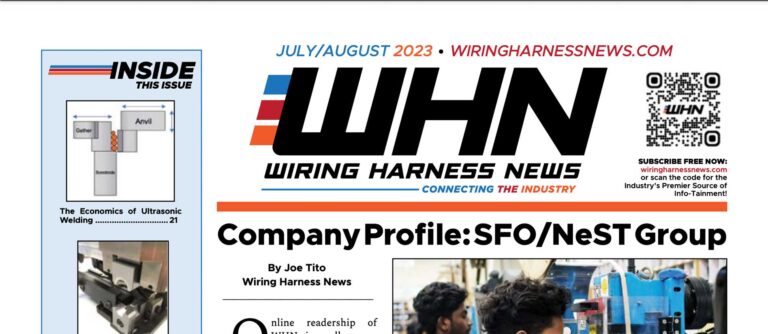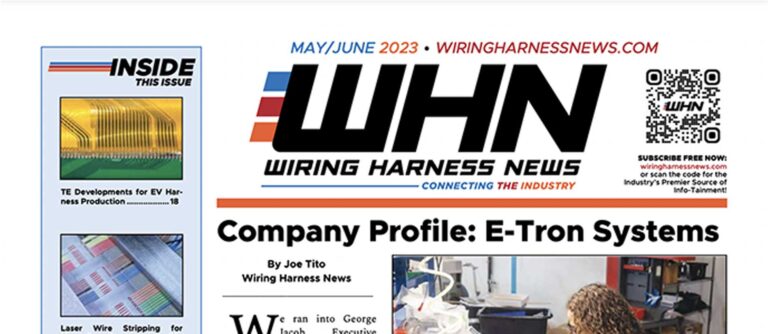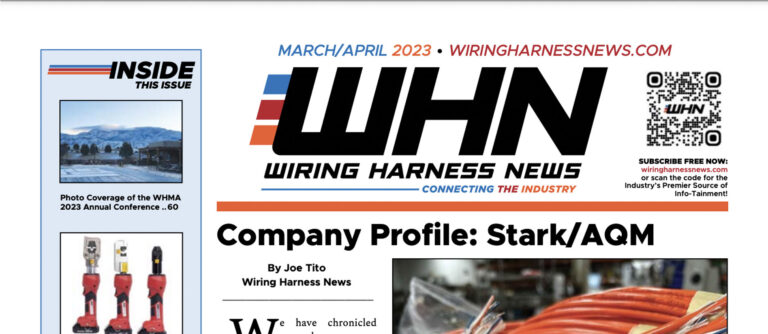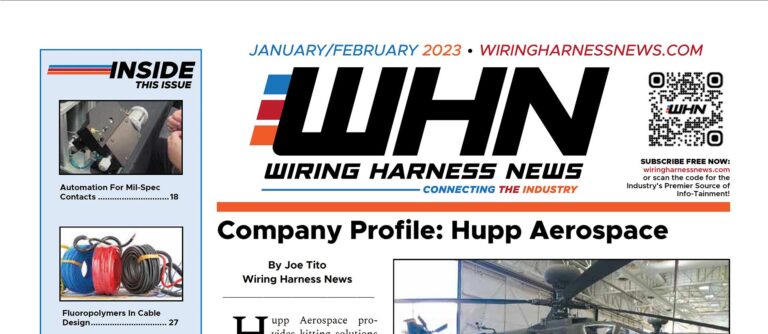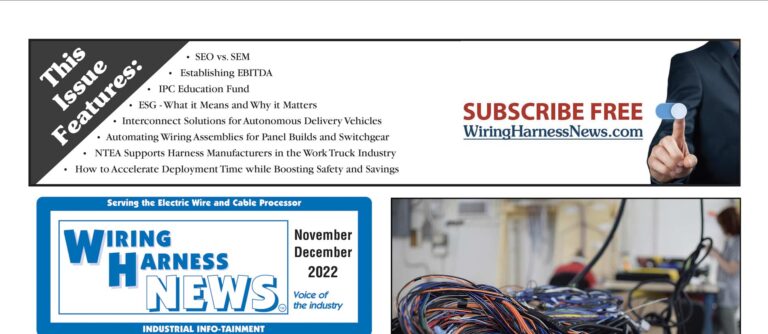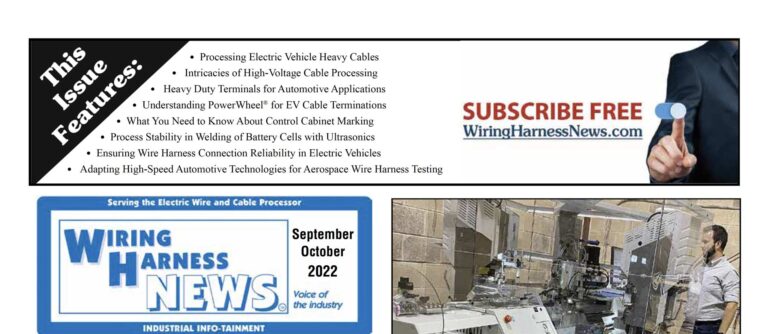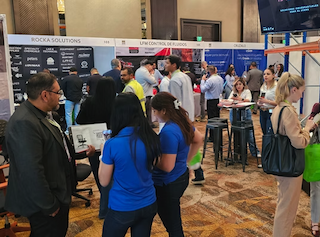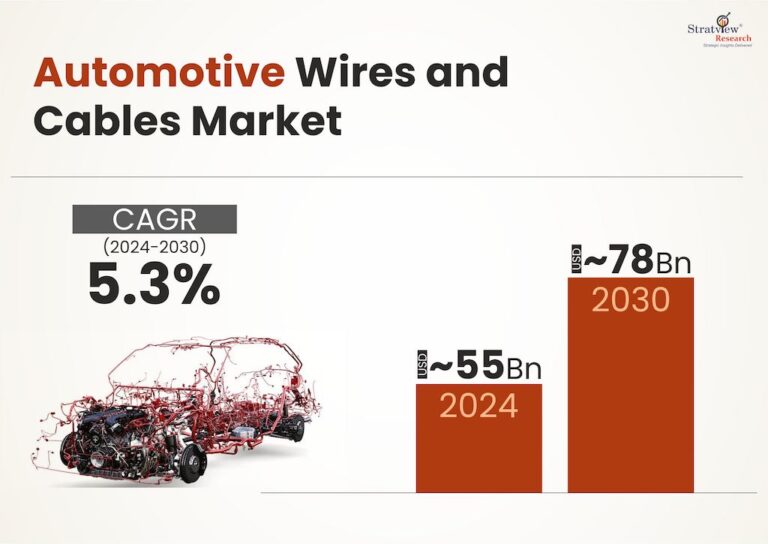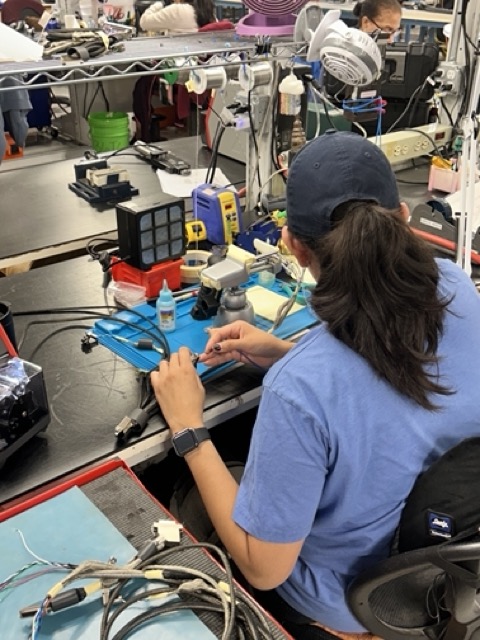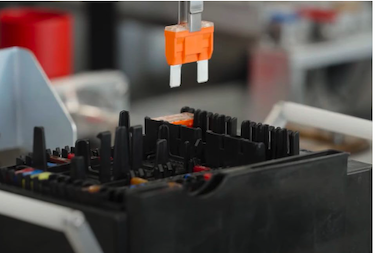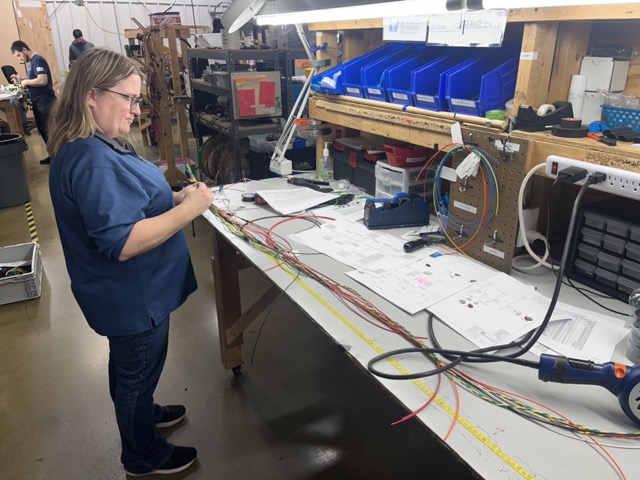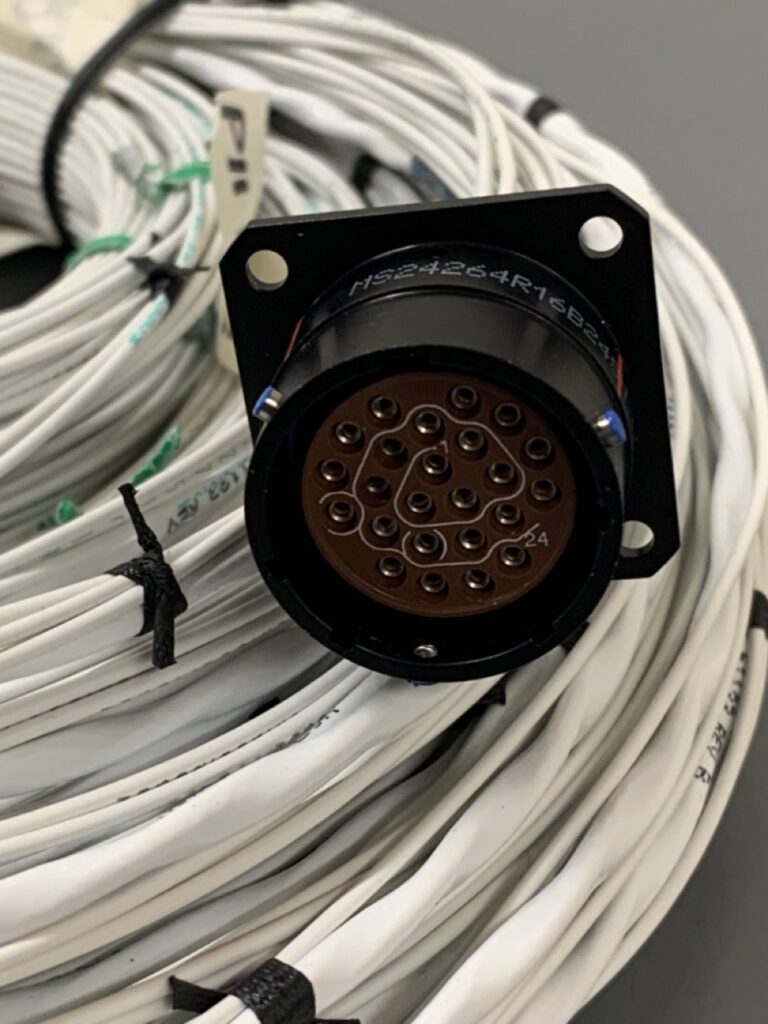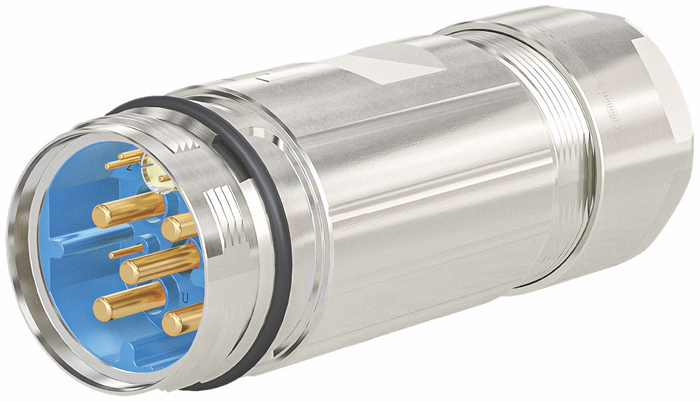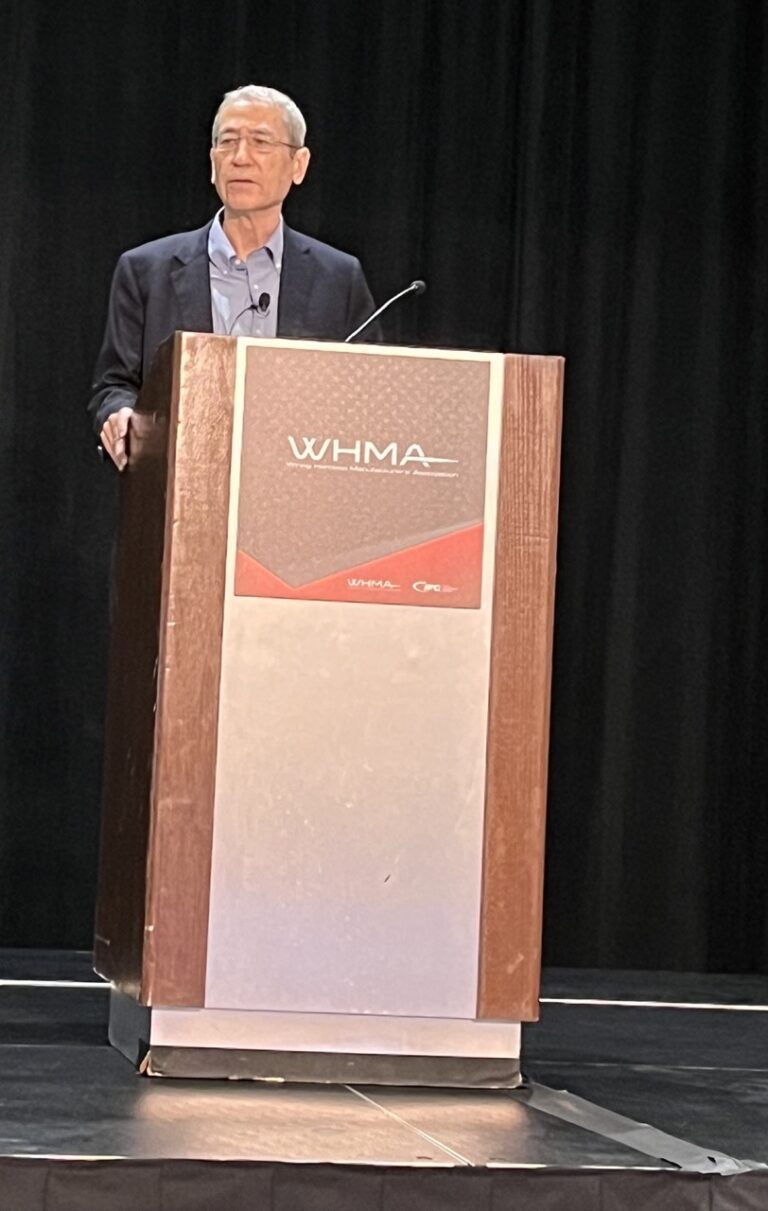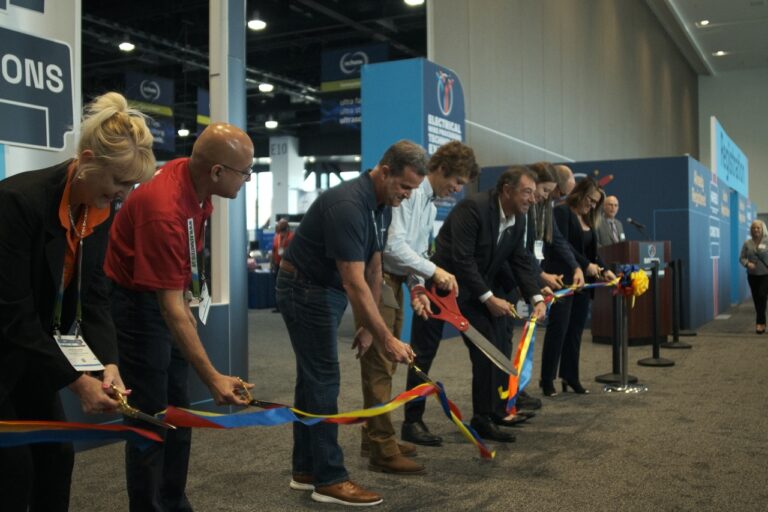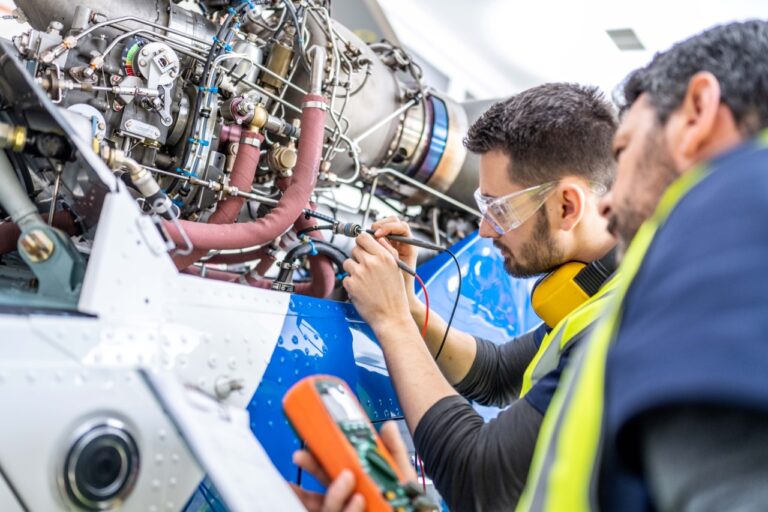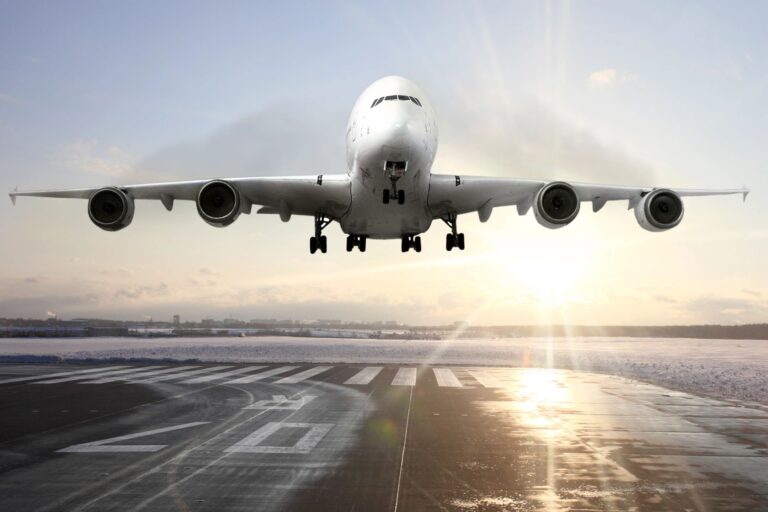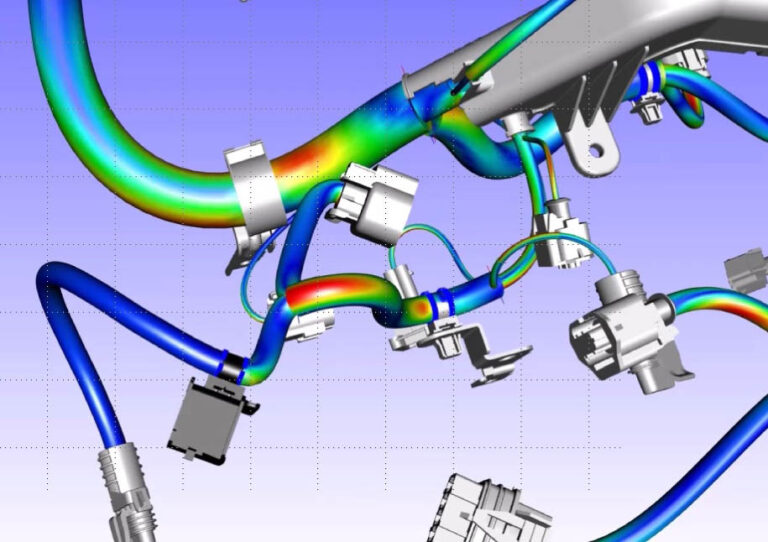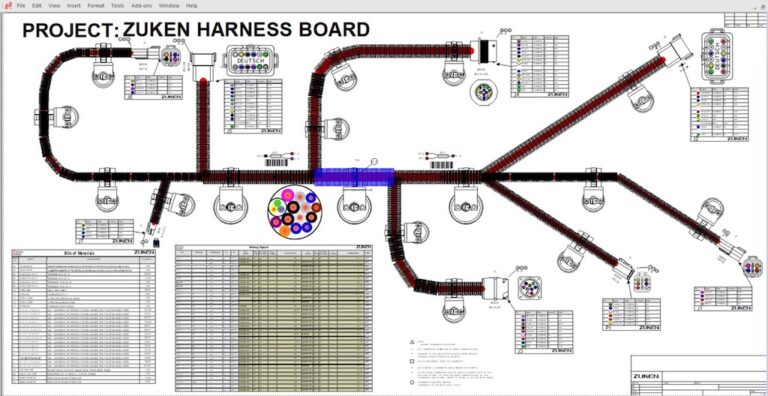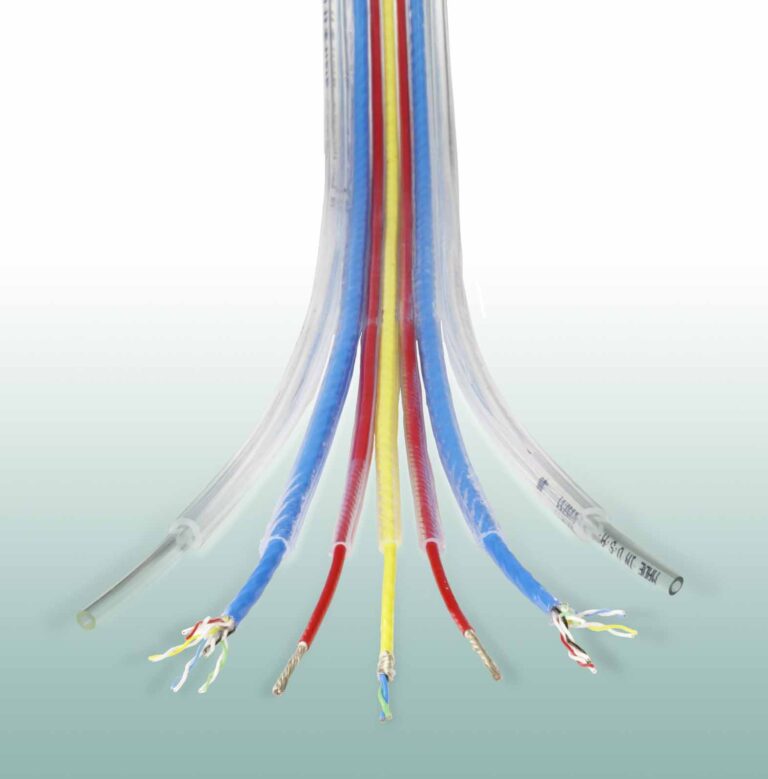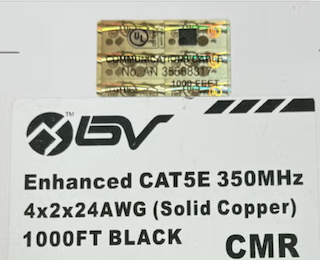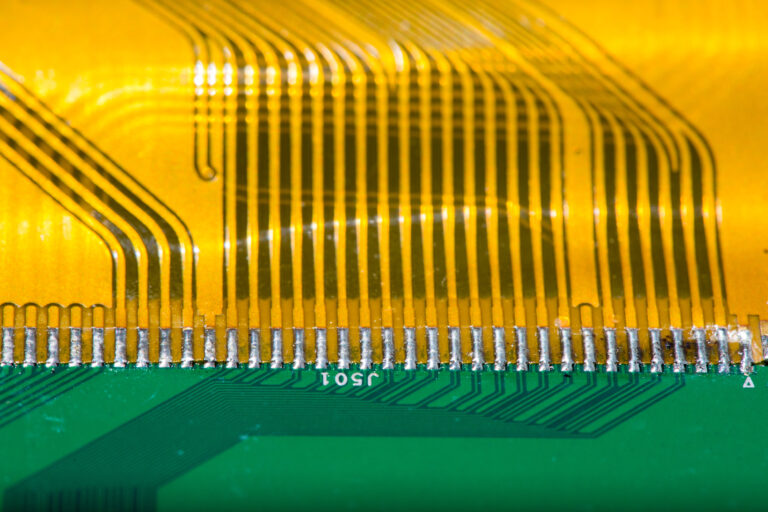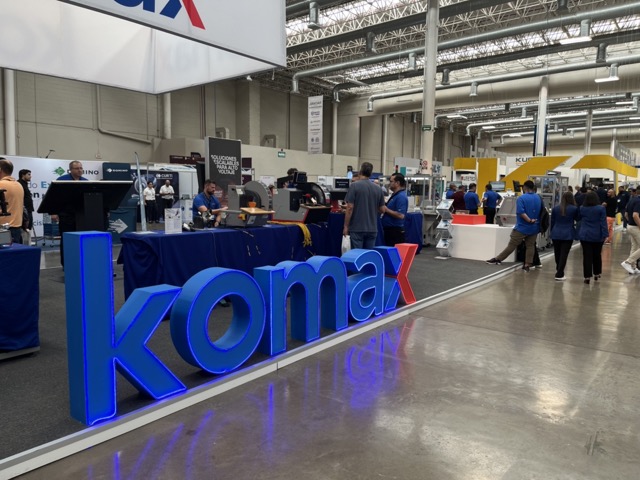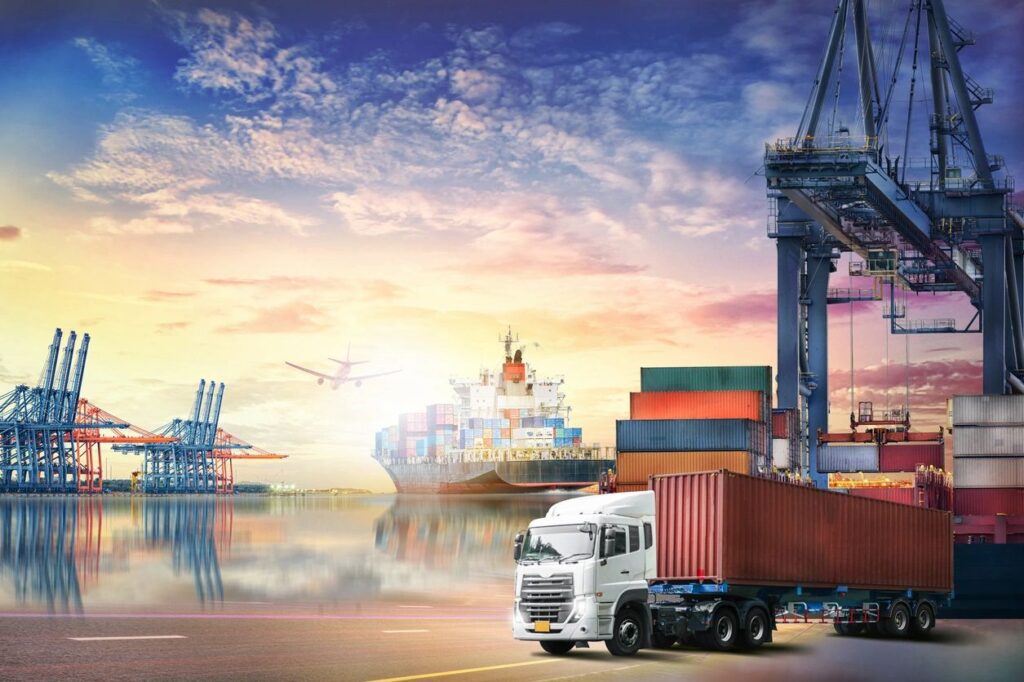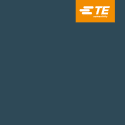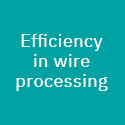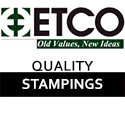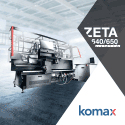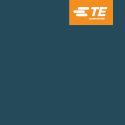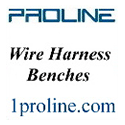What exactly are Incoterms?
“Incoterms” is an abbreviation for “international commercial terms”. They are a set of rules, published by the International Chamber of Commerce (ICC), that define the responsibilities of sellers and buyers for the delivery of goods under sales contracts. A trademark of the ICC, Incoterms is registered in countries all over the world, holding universal meaning for buyers and sellers across the globe. Incoterms is used by worldwide shippers to determine who is responsible for the shipping, insurance and tariffs on items that are shipped. These terms come in handy as they help to resolve trade disputes and misunderstandings that can occur between traders. As a manufacturer of goods, it’s important to understand Incoterms so that you can have clear understandings of who is responsible for which charges. This will significantly improve customer satisfaction.
When were Incoterms last updated?
Although Incoterms® 2010 is still considered acceptable, Incoterms® 2020 came into effect at the beginning of this year. According to the ICC, “Incoterms® 2020 contains the ICC rules for use of the 11 Incoterms® trade terms. It takes into account the latest developments in commercial practice and updates the rules to make them more accessible and easier to use.” As of January 1st, the ICC stresses, all sales contracts should make reference to the Incoterms® 2020 rules. They are available on the ICC’s new e-commerce platform ICC Knowledge 2 Go in both print and digital formats. “The 2020 edition is available in no fewer than 29 languages — from Estonian and German to Pashto and Spanish,” they report, “More than 250 launch events and training seminars are also being organized worldwide by ICC national committees. What’s more, there is even an online course and certificate program available from our educational arm, the ICC Academy.”
What are some important Incoterms considerations?
As outlined by Export.gov, it’s important to know who is responsible for paying all applicable tariffs and local taxes when you export goods to another country. Many companies require their buyers to make these payments. Buyers, however, generally wish to know the grand totals of their charges, including shipping and taxes, when making their purchases. These total charges are known as “landed costs”. It’s important to be clear about your policy on tariffs. This is because you may not necessarily know what the landed costs are for your shipments before they are shipped. “The shipping companies you select often act as freight forwarders, helping you complete shipping documents, helping you estimate duties and taxes, pre-paying them for you, and then invoicing you,” explains Export.gov, “If you use the U.S. Postal Service for lighter weight shipments, its local partner in the buyer’s country will collect duties and taxes.” For more information about Incoterms and how Flux Connectivity makes it easy for you to accept our international shipments, please don’t hesitate to give us a call at 1-800-557-FLUX or email us at [email protected].
Thanks to Flux Connectivity for contributing this article. Flux Connectivity is Harness Manufacturer based in Calgary, Alberta, Canada, but with a global client base. The United States makes up a very large portion of those clients. Flux usually pays the costs associated with shipping and duties. But they also strictly adhere to Incoterms.

